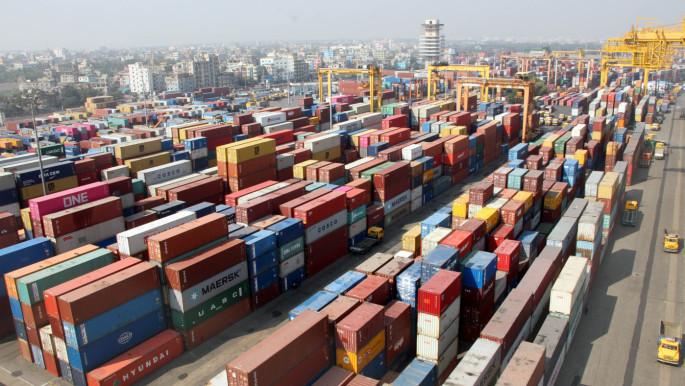
How to Choose Reliable Garlic PowderExport agentThe company?
It is recommended to filter from three dimensions:Industry Experience(Have handled at least 50 agricultural product export orders),Qualification documents(Requires a Customs Registration Code and a Food Distribution License),Service networks(We have established customs clearance partners in major target markets such as the United States and the European Union.) The new regulations in 2025 require that agency companies must be equipped with AEO certification.customs clearanceMember, this is a new mandatory criterion for selection.
What certifications are required for garlic powder export?
Basic qualifications include:
- ISO22000 Food Safety Management System certification
- Export foodCertificate of Production Enterprise
- Target market special requirements:
- EU: ECOCERT Organic Certification (Heavy Metal Residue Testing to be Added Starting from 2025)
- United States: FDA Food Facility Registration (biennial renewal required)
- Middle East: HALAL Certification (Note: UAE to implement electronic certificate verification in 2025)
What specific items does the agency fee include?
The standard fee structure includes:
- Basic service fee (1.2%-2.5% of cargo value)
- Document processing fees (CIQ certificate, certificate of origin, etc.)
- Logistics surcharges (cold chain transportation, fumigation treatment)
- Emergency deposit (for handling unexpected situations such as customs inspections)
Special Attention:Starting from 2025, the EU will require imported food to pay a carbon tax.The Customs, The agency's quotation should clearly indicate whether this additional cost is included.
What are the common compliance risks associated with exporting garlic powder?
Recent high-frequency issues include:
- Excessive microbial count (please provide batch inspection reports for the past three months)
- Label ingredients do not match (U.S. FDA strictly scrutinizes "natural flavor" labeling).
- Transport temperature out of control (It is recommended to use IoT temperature control equipment throughout the process).
- Dispute over Certificate of Origin (Southeast Asian Countries Strengthen Origin Tracing)
The new version of Import and Export Tariff adds 12 categories of goods requiring licenses, requiring relevant documents to be prepared 40 days in advance.Risk Pre-assessment Report, Identify potential issues 30 days in advance.
Export tax refundHow to perform optimization?
The current VAT refund rate for garlic powder is 13%. Please note the following three key points:
- The product names on the customs declaration form and the VAT invoice must be exactly the same
- The tax refund base is calculated using the FOB price.
- After the tax system upgrade in 2025, shipping proof must be uploaded within 72 hours of goods leaving the country.
It is recommended to choose those withAdvance Payment Service for Export Tax RefundThe agency company can shorten the capital turnover cycle to 15 working days.
How to address technical barriers in the target market?
In response to the latest requirements of the primary market:
- EU: Starting from February 2025, the new regulation (EU) 2023/915 will be implemented, tightening the aflatoxin detection limit for garlic products to 2μg/kg.
- Japan: Requires submission of pesticide usage records (with special focus on chlorpyrifos and cypermethrin).
- South Korea: MFDS Adds 28 New Flavoring Substances to Testing List (Including Allicin Derivatives)
A professional agent should provideRegulatory Pre-review ServiceProvide a 6-month advance warning for regulatory changes.
What details should be paid attention to when sending samples?
Compliance operation procedures:
- Commercial samples: Duty-free for goods valued at no more than $700 (USA).
- Test sample: Must be accompaniedNon-Commercial Use Statement(Not for Sale)
- Special handling: Japan requires the sample packaging to be printed with the word "Sample" (見本).
- Logistics option: Priority is given to DHL/UPS commercial express channels.
Request the Agency to provideSample Tracking System, monitor the customs clearance status in real time.
How to assess the emergency capacity of the agency?
Focus on examining four scenario handling cases:
- Customs Detention of Goods (Supplementary Documents Required Within 2 Hours)
- Vessel schedule delay (alternative solution response time)
- Certificate expiration (Can it be expedited within 72 hours?)
- Quality Disputes (Rapid Intervention by Third-Party Testing Agencies)
Industry data for 2025 shows that high-quality agencies areCrisis resolution success rateThe target should be above 92%, with an average processing time not exceeding 48 hours.


 Follow Customer Service WeChat
Follow Customer Service WeChat